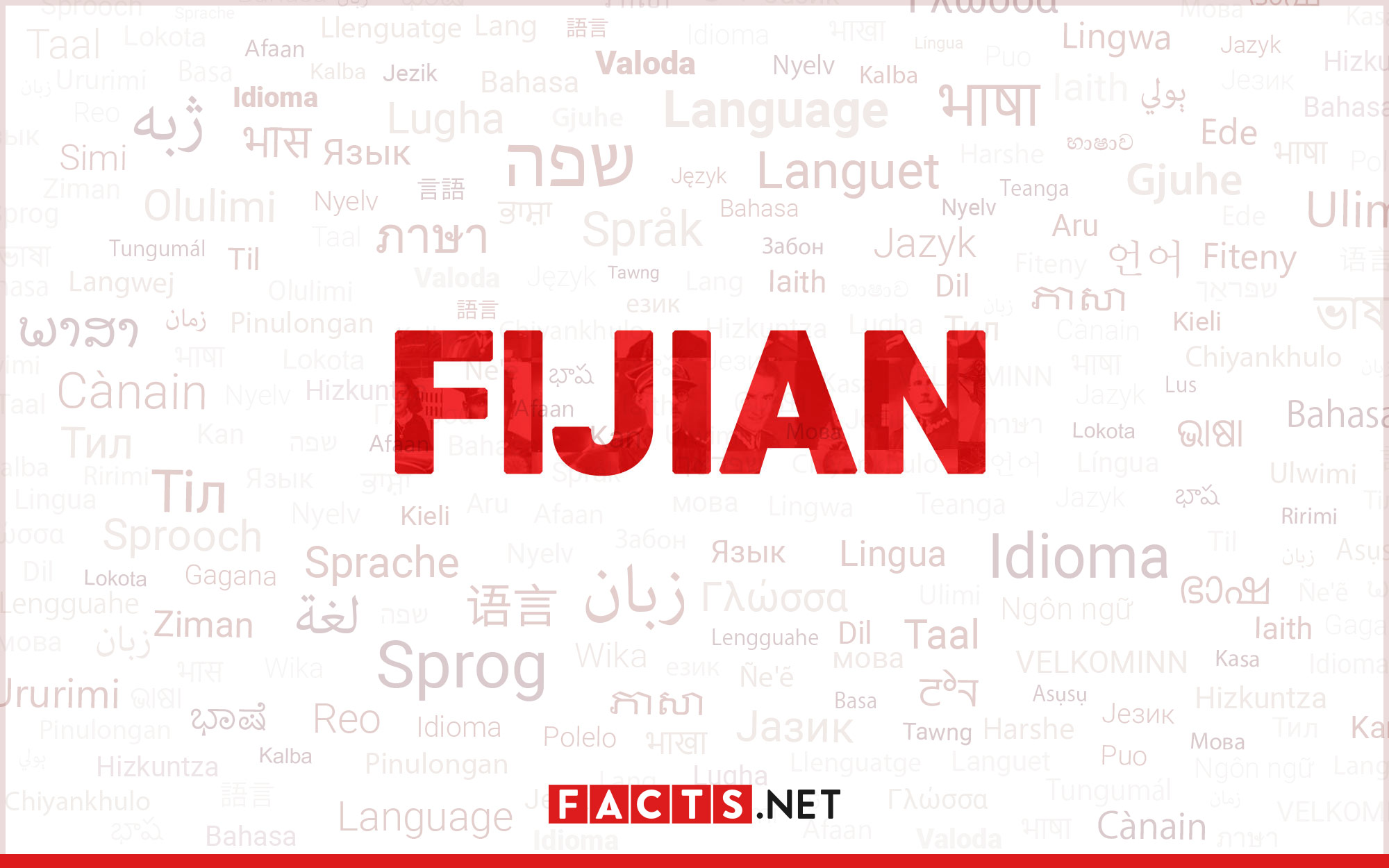
Fiji, an archipelago located in the South Pacific, is a fascinating destination that offers more than just pristine beaches and crystal-clear waters. While many people visit Fiji for its stunning natural beauty and warm hospitality, there are a few surprising facts about this tropical paradise that you may not know. From its unique blend of cultures to its astonishing biodiversity, Fiji has a lot to offer beyond its picture-perfect postcard image. In this article, we will explore nine surprising facts about Fijian that will leave you amazed and eager to visit this enchanting country. So, let’s dive in and discover the hidden gems of Fiji!
Key Takeaways:
- Fijian is more than just a language – it’s a symbol of national pride and cultural heritage for the people of Fiji. Learning Fijian can help you connect with their vibrant traditions and way of life.
- With its unique phonetics and widespread influence, Fijian is a language worth exploring. By learning Fijian, you can deepen your understanding of Fijian culture and build meaningful connections with its speakers.
Fijian is the official language of Fiji.
Fijian, an Austronesian language, is spoken by the majority of the population in Fiji. It is recognized as one of the three official languages alongside English and Hindi.
Fijian has several dialects.
Within the Fijian language, there are different dialects spoken in various regions of Fiji. The two main dialects are Eastern Fijian, spoken in the eastern part of the country, and Western Fijian, spoken in the western part.
Fijian has unique phonetics.
Fijian has a distinctive sound system, including a range of consonants and vowels that may differ from what is found in other languages. The presence of glottal stops and nasal sounds gives Fijian its distinct pronunciation.
The Fijian alphabet has its own characters.
While Fijian primarily uses the Latin alphabet, it also has its own unique characters known as the “Fijian macrons” or “dotted letters.” These characters are used to indicate long vowels in the language.
Fijian has cultural significance.
The Fijian language plays a vital role in preserving and promoting the rich cultural heritage of Fiji. It is used extensively in traditional ceremonies, storytelling, music, and dance.
Fijian is not only spoken in Fiji.
Due to migration and diaspora, Fijians have spread throughout the world, taking their language with them. Communities of Fijian speakers can be found in countries such as Australia, New Zealand, the United States, and Canada.
Fijian has influences from other languages.
Over the centuries, Fijian has incorporated loanwords from other languages such as English, Hindi, Chinese, and Rotuman. These influences have enriched the vocabulary and added diversity to the language.
Fijian serves as a symbol of national identity.
The Fijian language is a source of pride for the people of Fiji, as it represents their cultural heritage and national identity. Efforts are made to preserve and promote the language through education and various cultural initiatives.
Learning Fijian can enhance cultural understanding.
By learning Fijian, individuals can deepen their appreciation for the vibrant culture and traditions of Fiji. It also strengthens connections with the Fijian people and fosters a greater understanding of their way of life.
Conclusion
Fijian cuisine is a delightful fusion of flavors and influences, resulting in a unique culinary experience. From the abundance of fresh seafood to the use of tropical fruits and vegetables, Fijian dishes are bursting with vibrant colors and rich flavors. Whether you’re enjoying a traditional lovo feast, a hearty bowl of kokoda, or a refreshing glass of kava, you’re sure to be captivated by the culinary delights of Fiji.
FAQs
Q: What are some popular Fijian dishes?
A: Some popular Fijian dishes include kokoda (a marinated fish salad), palusami (taro leaves cooked in coconut milk), and lovo (an underground oven-roasted feast).
Q: Is Fijian cuisine spicy?
A: Fijian cuisine is not known for being spicy. The flavors are more focused on the use of fresh ingredients and mild spices, allowing the natural flavors of the food to shine through.
Q: Are there vegetarian options available in Fijian cuisine?
A: Yes, there are several vegetarian options available in Fijian cuisine. Dishes like rourou (steamed taro leaves), dal soup, and vegetable curries are popular vegetarian choices.
Q: What is kava?
A: Kava is a traditional Fijian drink made from the roots of the kava plant. It is known for its relaxing and socializing effects and is often consumed during cultural ceremonies and gatherings.
Q: Can I try Fijian cuisine outside of Fiji?
A: Yes, many Fijian restaurants and eateries can be found in various countries around the world, offering an opportunity to savor authentic Fijian dishes outside of Fiji.
Was this page helpful?
Our commitment to delivering trustworthy and engaging content is at the heart of what we do. Each fact on our site is contributed by real users like you, bringing a wealth of diverse insights and information. To ensure the highest standards of accuracy and reliability, our dedicated editors meticulously review each submission. This process guarantees that the facts we share are not only fascinating but also credible. Trust in our commitment to quality and authenticity as you explore and learn with us.
